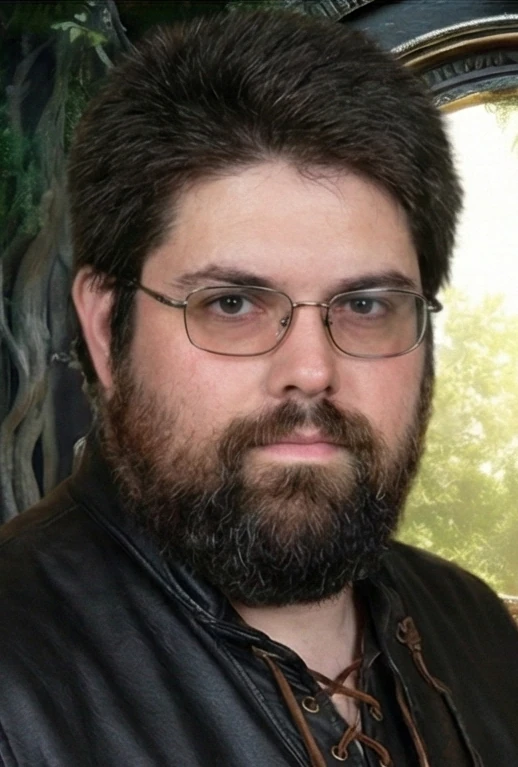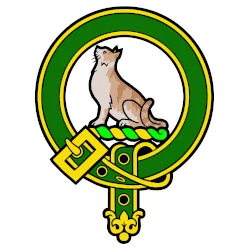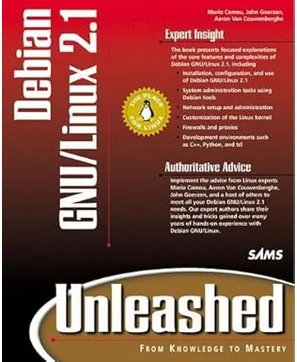Sufficiently Advanced Magic
What do you get when you combine an interesting magic system, a lot of influence from video games, a competent but emotionally distant author, a dash of gender ambiguity, a token pinch of political preaching, and yet another book about a child who goes to magic school? Apparently, you get a pretty good stew of a book that’s enjoyable to read, intellectually interesting, and only rarely makes me want to throw it against the wall for brief periods.
Folks, this is why people hate message fiction: it throws you out of the story, it’s pointless, it’s irrelevant, and it can ruin the reader’s enjoyment of an otherwise perfectly good book. For example, in this review I could be writing about how the magic system is pretty unique and detailed enough to build most of the book around, or how the main character is saddled with an unusual set of abilities that force him to rely on preparation and thought rather than simple brute force, or the interesting implications of having a level system that relies on entering what is effectively a series of video games with puzzles, fights, and similar ideas that must be solved or overcome to gain more power.
But, instead, I feel like I have to write about the fact that the main character is mostly asexual, but possibly gay, and that his society has apparently eliminated all conception of how sexual relationships usually work to the point that a male inviting another male to a dance is completely shrugged off as normal when it only takes up a page or so of the book. (It’s clearly being set up as some kind of long term love interest, though). It’s not bad, but it feels preachy and messagey, and there’s a passage early in the second book which is explicitly preachy and messagey. It’s like trying to eat your stew, savoring the interesting taste of each element, and finding an ice cube in your spoon occasionally.
They don’t taste bad, necessarily, but they don’t taste good either, and you sort of wonder why they are there.
I feel obligated to mention that the title is a reference to a famous quote from author Arthor C Clarke, “A sufficiently advanced technology is indistinguishable from magic”. That’s a hefty title to use, and the book fails to earn it.


